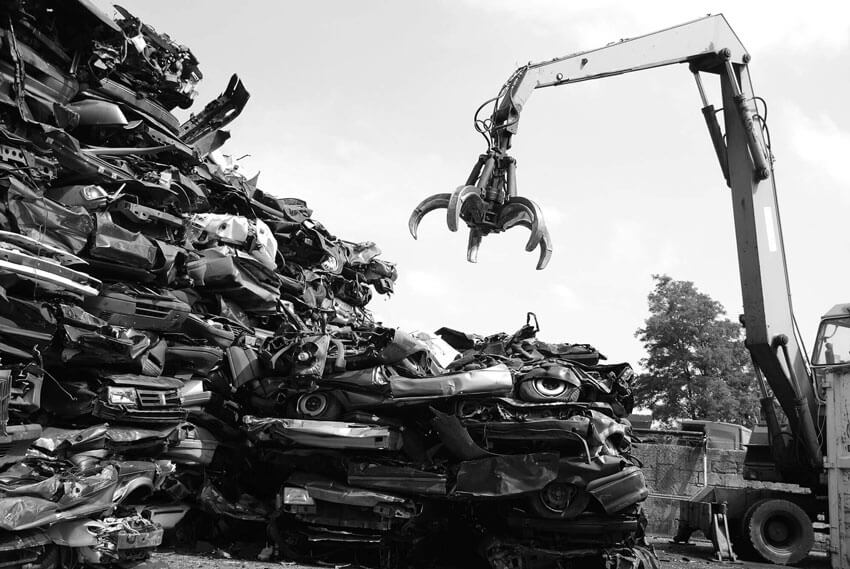I’m currently reading Jon Meacham’s new book, His Truth is Marching On: John Lewis and the Power of Hope. This post isn’t about the book itself — though from what I’ve read I highly recommend it. Instead, I was struck by something Meacham says in the opening pages about sainthood.
“Generations of believers have held that some human lives are in such harmony with the ideals of God that they should be singled out. One need not embrace Catholic practice and doctrine to benefit from the contemplation of men and women who, in the words of an old hymn, “toiled and fought and lived and died for the Lord they loved and knew.””
Isn’t that one of the simplest and piercing definitions of sainthood you’ve ever heard? I love the idea that saints are men and women who live in such harmony with God that they should be singled out. Pulled from the pile of junk we all live in, so to speak.
This led me to dig a little deeper into the whole concept of sainthood. I know enough history, and specifically church history, to realize that saints go through a process of canonization. And I’m cynical enough (Protestant enough?) to be a little cynical about how some saints were chosen.
As I looked into the list of saints (more than 10,000 in the Catholic tradition) it struck me how many of them were really, really good people who did amazing things … and also how many were highly visible for doing them.
That visibility seemed to be important. Absolutely some saints were off in the middle of nowhere doing great things nobody much appreciated. But in the end, most of them had good PR (of their own making or by their supporters) which garnered the attention needed to move the canonization process forward.
Another important factor was how many saints were full time clergy. Or hermits, or theologians, or writers. Not many common folks.
Look, I’m not trying to be cynical here. I’m really not.
But (and you knew that was coming) I put forward this proposition: there are more saints around the world who are teaching kindergarten than there are who are preaching from a pulpit.
And I’ll leave you with that to mull over for now.

